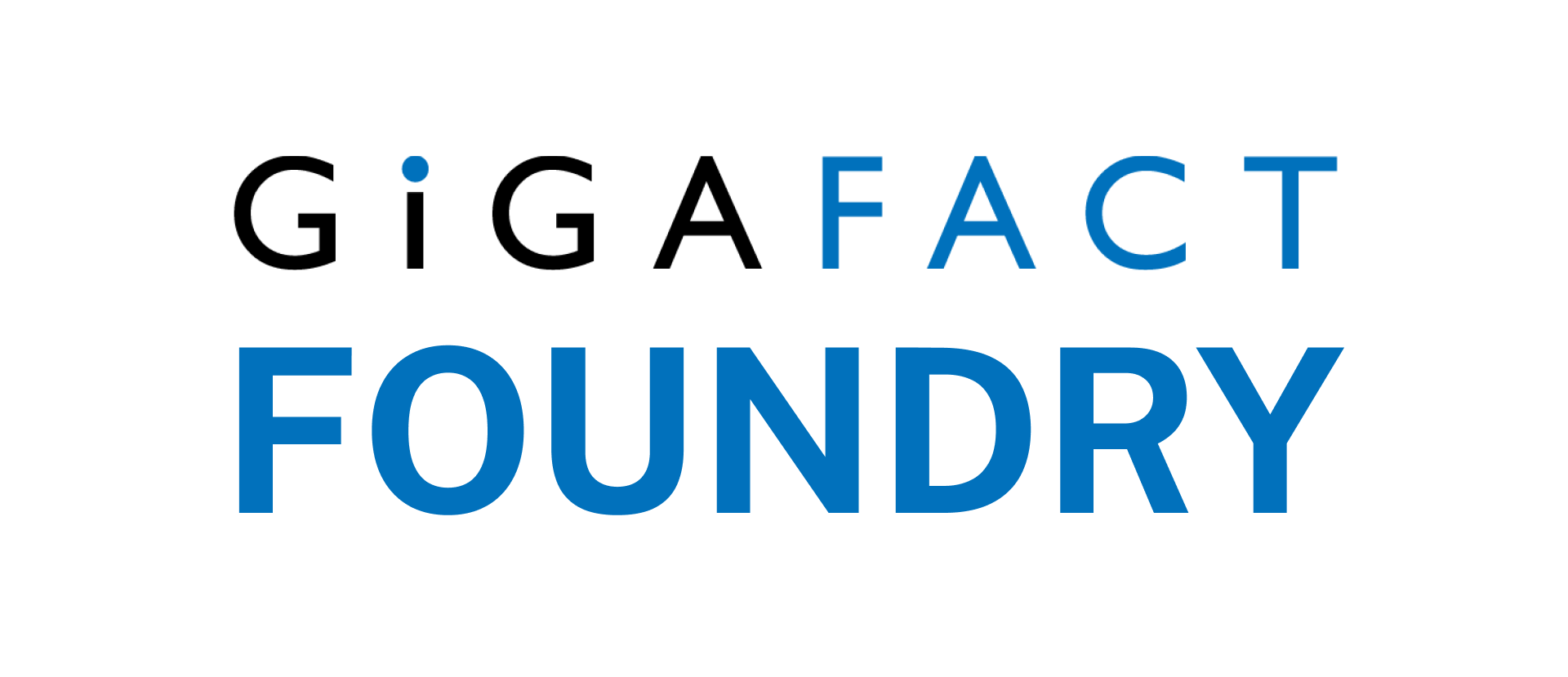Tuesday, May. 17, 2022
Did a study awaiting peer review find that conservatives are banned from Twitter at a higher rate than liberals?
A recent study, still awaiting peer review as of January 2023, found that conservative Twitter users are suspended from the platform more frequently than liberal users. Researchers said this disparity is largely explained by conservative users sharing more misinformation.
In 2020, researchers from the Massachusetts Institute of Technology, Yale and the University of Exeter randomly sampled 4,500 conservative Twitter users and 4,500 liberal users from a pool of 100,000 users who shared hashtags related to the U.S. presidential election. By July 2021, users who shared the #Trump2020 hashtag were 4.4 times more likely to have been suspended from Twitter than users who shared the #VoteBidenHarris2020 — 19.6% versus 4.5%.
Researchers note this isn’t necessarily evidence of political bias. They found that conservative users “shared information from much lower quality sites” than liberal users, according to two separate trustworthiness assessments: one by experts and another by a politically-balanced group of laypeople.
Editor's note: The previous version of this brief, titled "Does Twitter have an anti-conservative bias?" has been narrowed to accord with Gigafact's current editorial guidelines regarding inferring intent.
This fact brief is responsive to conversations such as this one.
Sources
About fact briefs
Fact briefs are bite-sized, well-sourced explanations that offer clear "yes" or "no" answers to questions, confusions, and unsupported claims circulating online. They rely on publicly available data and documents, often from the original source. Fact briefs are written and published by newsrooms in the Gigafact network.
See all fact briefs
Between 2020 and 2022, under close editorial supervision, Gigafact contracted a group of freelance writers and editors to test the concepts for fact briefs and provide inputs to our software development process. We call this effort Gigafact Foundry. Over the course of these two years, Gigafact Foundry writers published over 1500 fact briefs in response to claims they found online. Their important work forms the basis of Gigafact formats and editorial guidelines, and is available to the public on Gigafact.org. Readers should be aware that while there is still a lot of relevant information to be found, not all fact briefs produced by Gigafact Foundry reflect Gigafact's current methods and standards for fact briefs. If you come across any that you feel are out of date and need to be looked at with fresh eyes, don't hesitate to contact us at support@gigafact.org.
Learn MoreLatest Fact Briefs
Is there a scientific consensus that life begins at conception?
Thursday, Aug. 4, 2022
Do countries around the world subsidize fossil fuels?
Wednesday, Aug. 3, 2022
Is the repeal of Roe v. Wade expected to increase the maternal death rate?
Wednesday, Jul. 27, 2022
